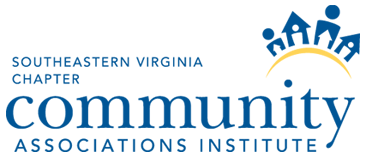It’s Budget Season! Now What?

As an Association Manager, one of our most critical responsibilities is helping our Boards prepare a sound, forward-thinking budget. A well-prepared budget not only ensures the financial health of the community, but also reflects a proactive approach to long-term planning, maintenance, and homeowner satisfaction. The budgeting process may seem daunting, but with the right structure and a bit of prep, it becomes an opportunity to add real value and lead your Board through another successful year of management.
Here are some of the essential steps for creating an effective budget for your HOA or condo association:








